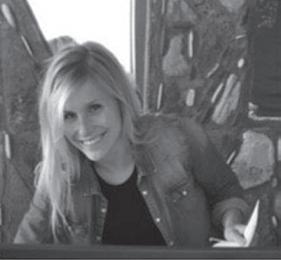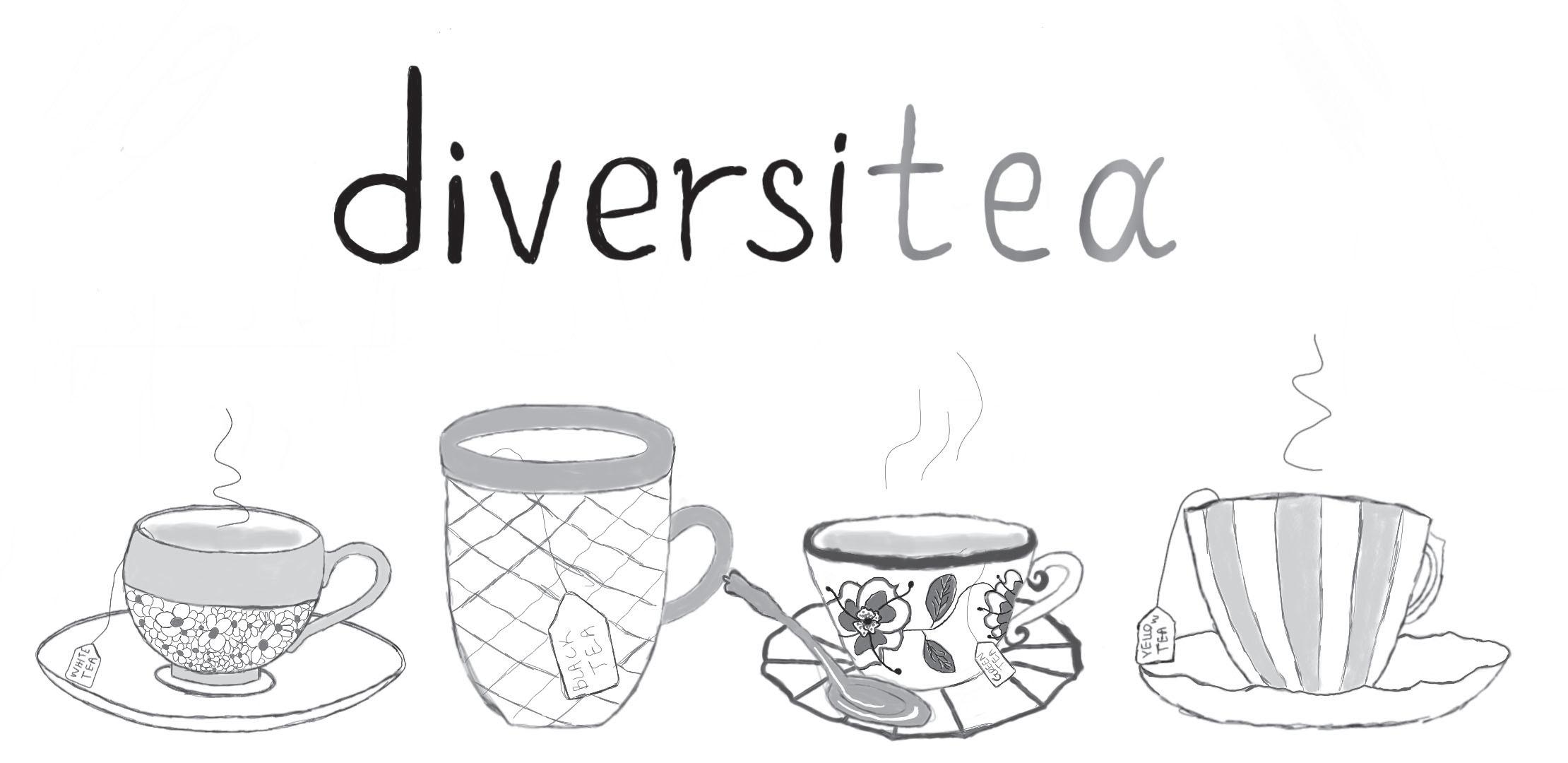
8 minute read
Volunteering: A youth tool for inclusion
— alexandra zosso
For the last three years I have been volunteering, and later working, with refugees stranded in Greece through a small and new ngo named Northern Lights Aid (nla). I was recently given the chance to talk about my job as a Field Coordinator of nla at the wscf conference “Humanity Reclaimed: Youth Perspectives on Diversity and Inclusion”, which took place in Thessaloniki, Greece, in December 2018. Passionate about my job and commited to the cause we serve, I welcomed the opportunity. Reflecting on the conference theme, I began to see that underlying our work volunteering within a rich context of diversity and cultural diferences was an important tool for inclusion.
Advertisement
Northern Lights Aid was created in January 2016 and I joined the organization in March of the same year. Initially based on the island of Lesvos, where people seeking hope and safety were arriving by boat, the organization later moved its operations to the border between Greece and the Northern Republic of Macedonia. Here, border restrictions had halted the onward journeys of many refugees. Finally, in August 2016, nla setled down in the city of Kavala in eastern continental Greece, where an “ofcial refugee camp” or “hotspot” was about to be opened. Since that day, the nla team has been working to support the residents of the camp, first ofering its services inside the camp and later in rented premises located a walking distance from the camp. There we ran and continue to run a wide range of projects, some long-term, and others created and adapted to meet emerging needs.
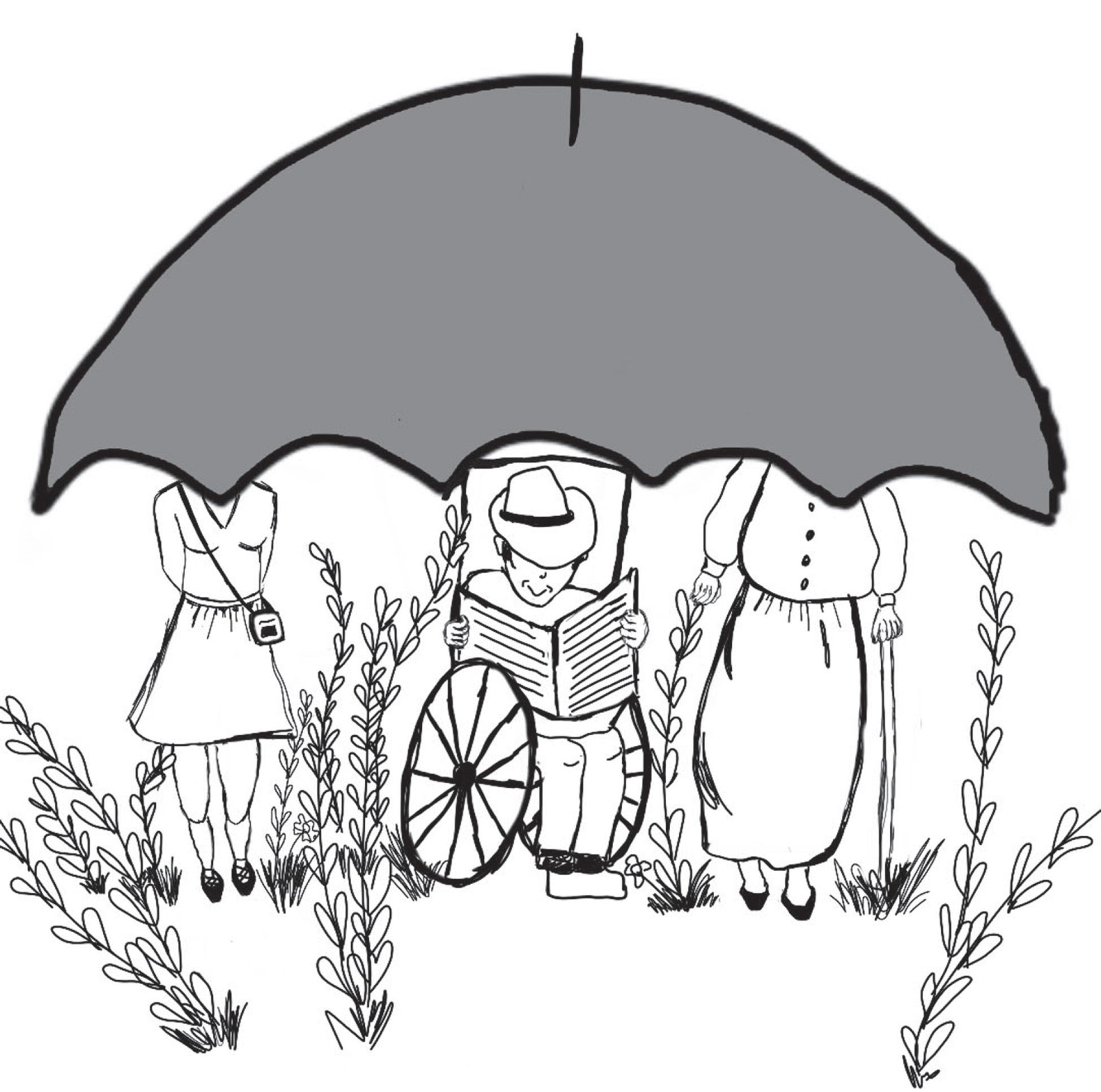
Northern Lights Aid main projects in Kavala revolve around material support, education and community integration.
The first project implemented was a free clothing store where residents of the camp can find much needed clothing items. Displayed as a normal store, it aims to be a dignified and enjoyable alternative to sometimes dehumanizing mass distributions. Once per week, nla dedicates a day to mothers and babies, in which they can access specific items for their needs as well as support from their community and relax in a safe space for women. Alongside material support nla ofers daily adult English classes for all levels, which are an opportunity for self-development and a chance to look towards the future by building new skills. Acquisition of new skills is also possible in our workshop, where camp residents and volunteers conduct all kinds of craf endeavors, following one’s own ideas or to create material for the community. Finally, nla engages in many events and partnerships within the local community in order to foster integration between groups. A great tool for this was recently implemented in the form of a community garden. Created within the city and open to all, it was imagined as a place for encounters, relaxation and joyful gatherings.
Northern Lights Aid activities and projects are funded by private donations, mainly from individuals, many of whom are former nla volunteers and their relatives. Through the years we have also been supported by financial or material donations from amazing groups, such as schools or charities working towards the same mission. Being able to finance our projects is a constant struggle, especially as the humanitarian situation in Greece is no longer making media headlines. Alongside fundraising, crucial awareness campaigns have required constant efort from the team through the years.
Today nla consists of a team of approximately 10 to 15 volunteers, local, international and camp residents. Much like the unpredictable finances of the organization, workforce is also sometimes lacking. However, through 2018 we were lucky to welcome more than 55 volunteers! The size of the team varies with the season as many volunteers are students who ofer their time during the holidays. Mostly, our volunteers are between 18 and 25 years old, but we welcome people of all ages and have had volunteers up to 75 years old. Over the last year volunteers were mainly women, but it is an opportunity open to all, regardless of gender, origin or experience.
Northern Lights Aid was originally created with the mission of providing assistance to those arriving on the shores of Europe due to forced displacement. At that time the work performed by the organization was oriented towards emergency relief, including distributions and coastal surveillance to assist sea rescue missions. Years later, however, the situation has changed and what was once called a crisis has become the new normal. The numbers of arrivals in Greece has dropped since 2015, mainly due to political decisions regarding European policy, but the number of people stranded in Greece is rising. This not only challenges Europe on a humanitarian level but has also led to what some call an “identity crisis” for the continent as the choice of whether to respect its values as well as legal framework is at stake.
Indeed, in my opinion, the response of the eu to the most basic and vital needs of displaced people was tainted by human rights violations, flaws, delays and gaps. If the lack of preparedness of the eu could be blamed on the unexpected situation at the start, it became apparent through the years that it was also symptomatic of a changing political climate, unwelcoming to migration in Europe.
It is within this context that Northern Lights Aid is working. First, aiming very practically to fill gaps in the humanitarian response of ofcial actors, it now seems that the nature of our action is also taking a symbolic meaning. I recently came across a sentence in a book saying of the so-called refugee crisis that the question was no longer ‘what to do to, but who to be’ (Osons la fraternité!, P .Boucheron). This approach led me to rethink the sense of our action and the meaning of volunteering itself.
As an ngo there is a limit in what we can achieve (the “what we do”), especially regarding the immensity of the cause for which we fight that goes way beyond the borders of Europe. Even though volunteer work has proven many times to be of an essential value, (in natural disasters, advocacy work and so many other examples) acknowledging our limits is essential. On our small scale we certainly assist and provide services of importance, but we ofer these services to people who have proven many times that they are able to make life-saving decisions without any assistance. I like to believe our work and its practical aspects are appreciated, but I would be wrong to assume that it is needed beyond the ethical sense of ofering a minimum standard which should be granted to anyone. The resourcefulness and resilience of the people with whom I work have convinced me that they would “manage” no mater what, and therefore it is not for that reason our work is needed. This observation is not a reason to stop, it is a reason to be humble and to investigate the second meaning of our actions.
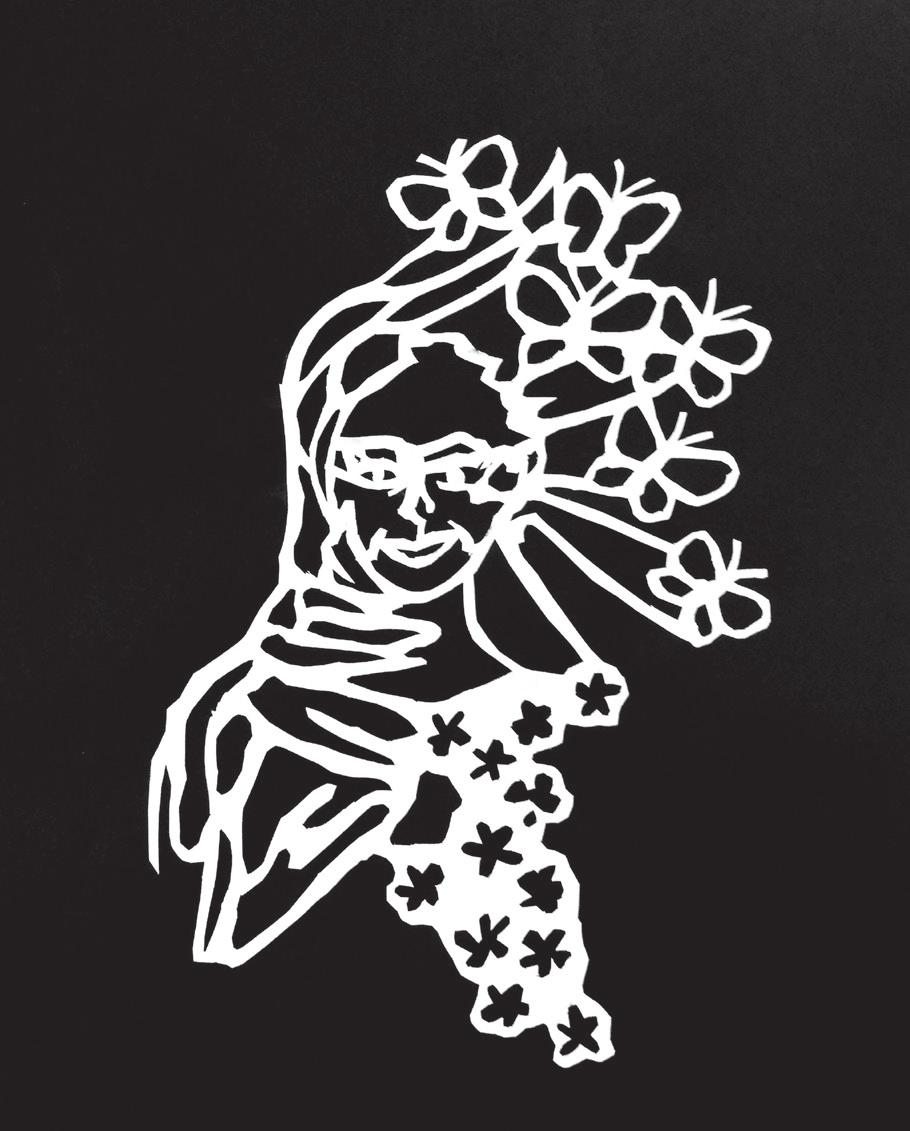
So comes the question of “who we are” as volunteers. Without ranking the importance of this symbolic level above the practical assistance nla or others can bring, it seems that this question is of importance. Volunteering is a political and moral statement, a value and a purpose based on the understanding of a shared responsibility towards one another. Acknowledging it is a chance to create a cross-cultural and inclusive identity for people willing to, as the common expression says, “be the change they want to see in the world” by engaging in volunteer activities. Therefore, regardless of the “doing”, the “being” associated with volunteering is of premium importance since it directs not only the actions of people but also builds people’s identity.
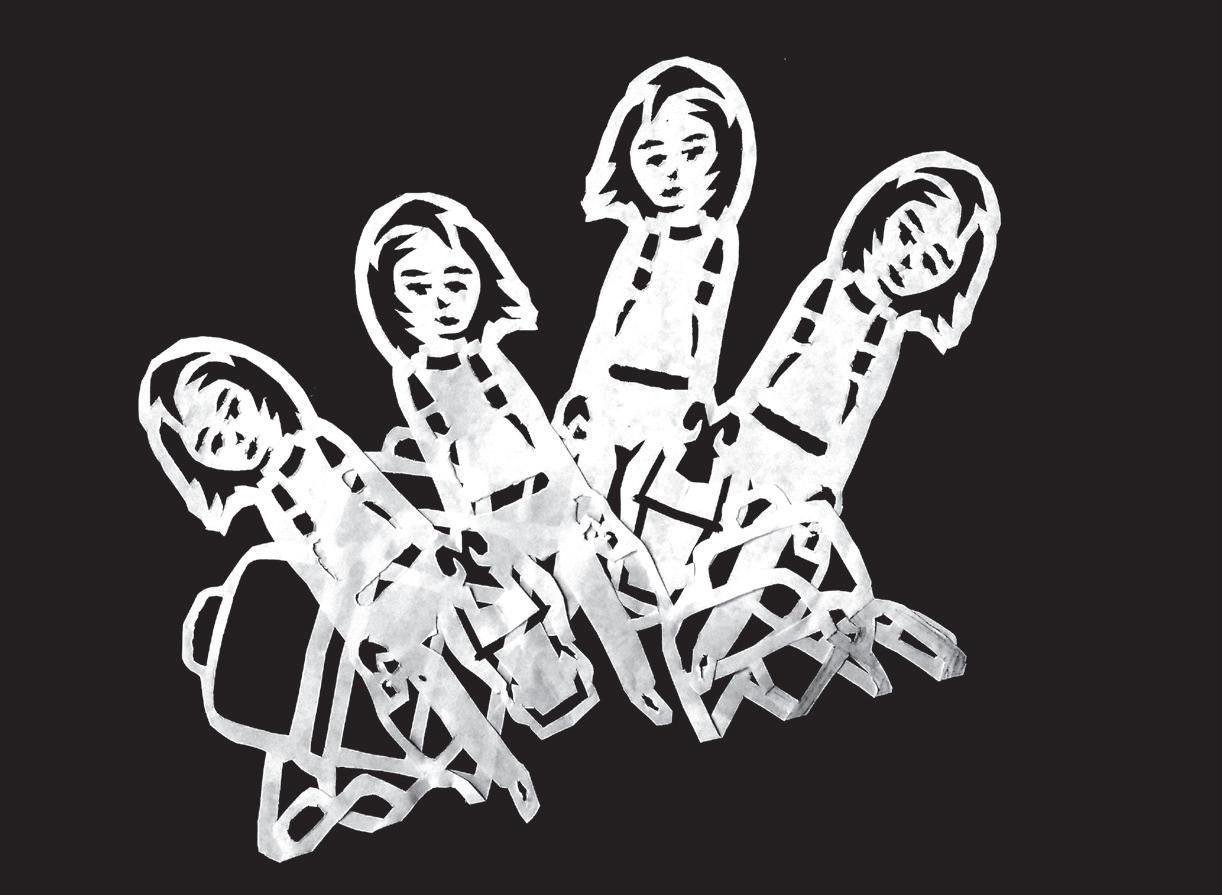
If this sounds admissible on a theoretical level, it needs to be implemented on a practical level. An organization must be inclusive, thus creating a collective identity which carries a symbolic meaning of the change we would like to see, regardless of the size of its actions. At Northern Lights Aid I believe that diferent aspects of our work help in this construction.
First of all, as I mentioned earlier, volunteers come from all backgrounds. Thus nla difers from a professional environment where people are selected based on their experience and qualifications. Even if some paterns emerge in the demographics, they are, by definition, diverse. However, by the simple fact that volunteers have gathered to serve the same cause, their diferences become of a smaller importance. On a team management level, it is important to come back to the “cause”, to maintain the motivation and commitment of volunteers by keeping them informed of the situation and its rapid evolution with regular updates. nla also developed this inclusive identity with time, thus blurring the hierarchical lines ofen underlying humanitarian aid, with a giver and a receiver ofen connected to a North/South patern. For a year now, we welcome volunteers from the camp into our team, who work with nla as international volunteers do. This step was extremely beneficial in several ways. On a team management level, it ensured more continuity in our projects and gave us a beter understanding of needs and individual situations due to the translation skills of our new volunteers. This inclusion also meant that the status of being a volunteer was above any diferences in personal situation or background. The identity, based on the willingness to help, enabled many of our volunteers, both camp and international residents, to find joy, reduced prejudice, self-esteem, purpose and respect.
Then, because volunteering ofen has a significant team turnover (volunteers usually join the team for approximately one month), nla projects need to be valued over individual agenda. This collective sense of action is, I believe, a wonderful tool for inclusion. It is understood that success can only result from individual eforts put together in the same project, which sustain over one’s time in the field. At nla, this is ensured by the creation and constant update of guidelines and systems, as well as volunteer collaboration groups and handovers aiming to pass on knowledge and experience.
Finally, thanks to its size and functioning, Northern Lights Aid remains relatively flat hierarchically. Volunteering makes us only obliged to the ones we serve. Therefore, programs are designed and adapted to beter meet the needs and do not serve any purpose beyond their original goal to help. In designing such projects, all voices are valued equally, with the inclusion, as crucial partners, of those who will be served by the project (help me to help you). Building our organization and projects at a small scale gives us the chance to remain close to one another, making all members important parts of nla. This is implemented in the field through community, team or individual meetings, and through membership status which gives the right to volunteers, refugees or not, to vote on the organization’s decisions
In conclusion, it seems that volunteering is as much about who to be than about what to do. In a continental identity crisis such as this, when rights and values that previously seemed universally accepted start to be questioned, the symbolic aspect of volunteering is a source of hope. It is so because it is a collective efort towards a shared cause, which people serve before serving themselves. Therefore, volunteering, in spite of the size of the action, carries a new identity that anyone can adopt by considering the other, not as a passive receiver but as a partner in helping. For these reasons, volunteering seems to me one of the most efcient inclusion tools for those who, regardless of their diferences, are willing to do good by conviction.
Northern Lights Aid is constantly looking for new and motivated members to join its team. If you are interested to do so, please find us on our Facebook page (NorthernLightsAid) or on our website www.northernlightsaid.org. There you will find all the information you need regarding our projects or the steps to follow to volunteer with us.
